Ruben Amorim’s early days at Manchester United have been a little messy — not disastrously so, but messy enough that some moves feel inevitable and others suddenly off the table. One example: Joshua Zirkzee, the Dutch striker who arrived with some promise but has barely seen the pitch this season. For weeks it looked like January would be the clean break both player and club needed. But then Benjamin Sesko picked up that knee injury against Tottenham, and everything got more complicated. Now, the idea that Zirkzee might stick around feels far more real — and, I’ll admit, it also feels right in a way I didn’t fully expect.
Let me say this plainly: Zirkzee’s situation has been frustrating to watch. He came from Bologna with hope attached. Yet, since that move, his minutes have been almost nonexistent — 90 minutes across five appearances is hardly a fair audition. From the outside, it looked like the kind of limbo that ends with a January exit. West Ham sniffed around; their scouting lists included him. But football isn’t only about plans. It’s about timing, injuries, and the small, stubborn realities of a season that refuses to follow a calendar.
Also read: Super Eagles Halt Training Over Long-Running Pay Row — Tensions Rise Before World Cup Playoff
Why Sesko’s injury changes things
Benjamin Sesko’s knee problem — nasty timing for the young forward and the kind of thing that can flip transfer thinking overnight — matters for a few reasons. First, it leaves United short in numbers up front. That’s obvious, yes, but it’s also practical. A manager needs options, especially when fixtures are stacked and there are periods where rotation isn’t a luxury but a necessity. Zirkzee can play as a central striker or drop a little deeper, linking play when needed. He’s not a perfect answer, and he might not be the long-term solution Amorim dreams of. Still, he’s a usable one. He knows the squad, knows the dressing room — you don’t fully replace that overnight.
Second, Zirkzee is an immediate, cost-free option. That seems small, but it’s not. A January window can be expensive and awkward. Signing someone mid-season carries price tags and risks. Keeping a player already registered, already training with the group, removes transfer-market friction. For a club that might prefer a quieter window — or is simply unwilling to pay inflated prices for a stop-gap — that matters.
And there’s a timing crunch coming from another direction: AFCON. Amad Diallo and Bryan Mbeumo (to say nothing of others who might be involved depending on selections) are due to miss chunks of December and January. Those absences hollow out attacking depth in a way that makes a previously plausible January move less so. If the squad is already stretched, selling a forward who can cover minutes — even if only as a sub or rotation piece — suddenly looks like risk management rather than player clearance.
What Zirkzee brings, imperfectly
Let’s be honest: Zirkzee’s case isn’t built on dazzling, must-have qualities. He hasn’t been lighting up training reels or forcing his way into the starting XI week after week. But he offers versatility: he can play as the main center-forward and also drop into a support role. When games get tight and the space closes, having someone who can hold up the ball, create little pockets of play, and occasionally finish is valuable. That’s not glamorous. It’s useful.
There’s another angle I find appealing: chemistry. Football squads aren’t machines. Players who know how a manager likes to press, who’ve been through the dressing-room rhythm for months, that familiarity counts. You can’t measure it like goals or assists, but it shows up — in late substitutions that change matches, in quieter, less flashy moments that keep a season on track. Zirkzee has that. He’s not a raw, unknown figure you need to integrate mid-season; he’s already part of the team.
West Ham’s interest and why it might stall
West Ham have looked at him, which isn’t surprising. Jarrod Bowen has had to shoulder a lot of the scoring burden, and there’s uncertainty around Niclas Füllkrug’s future. The Hammers want a forward who can play across the front, and Zirkzee fits a type: young, adaptable, with some untapped potential. They’ve also been exploring other options — bigger names, perhaps more immediate-impact players — so Zirkzee isn’t the only puzzle piece on their board.
Also read: A Giant Offer — Will Mohamed Salah Really Leave Liverpool for Saudi Money?
That said, interest is not the same as action. A buying club needs a selling club to be willing. Right now, United appear hesitant to sanction a move. If your squad depth is suddenly thinner — due to Sesko’s injury and AFCON absences — releasing a known asset doesn’t make sense. The transfer market isn’t just about needs; it’s about leverage and timing. United might prefer to keep Zirkzee as insurance until they’re certain they can replace him, or until they’ve fully given him a chance under Amorim’s system.
Three reasons a January exit is unlikely
If I had to sum up why a move this month seems less likely, it comes down to three things that, combined, tilt the scales.
- Injuries: Sesko’s problem reduces United’s margin for error. When your forward options shrink, you keep what you can reasonably use.
- AFCON: Player availability in January will be affected for several weeks, and that further narrows the squad. You don’t want to lose depth when you’ll need it.
- The unknown: Amorim hasn’t really had the chance to evaluate Zirkzee properly in competitive minutes. Letting him go now would close the door on an in-house solution that, if given even a modest run, could pay dividends.
For Zirkzee himself, the equation is shifting. Before, leaving to get regular minutes elsewhere made sense. Now, staying and fighting for minutes — even as a rotation player — might be better. A winter run, a few opportunities to show himself, could reset perceptions. Maybe he’ll seize them. Maybe he won’t. But the option exists, and in football a chance like that is sometimes all a player needs.
So, will he stay? My take: probably. And though that answer is cautious, I find it oddly satisfying. There’s something human about the notion of a player given a second chance because of messy, unpredictable circumstances. It isn’t tidy; it isn’t dramatic in a headline kind of way. But it might just be what both Zirkzee and Manchester United need right now.









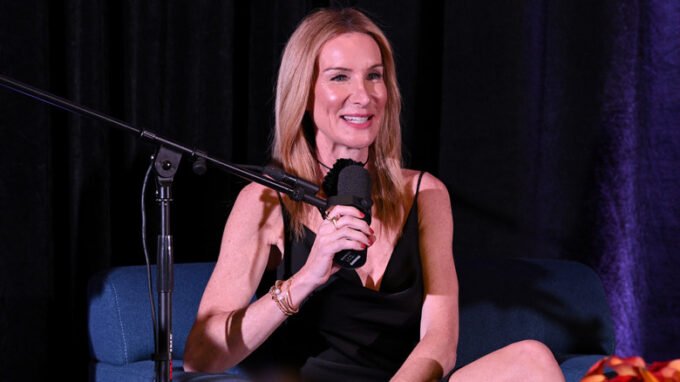
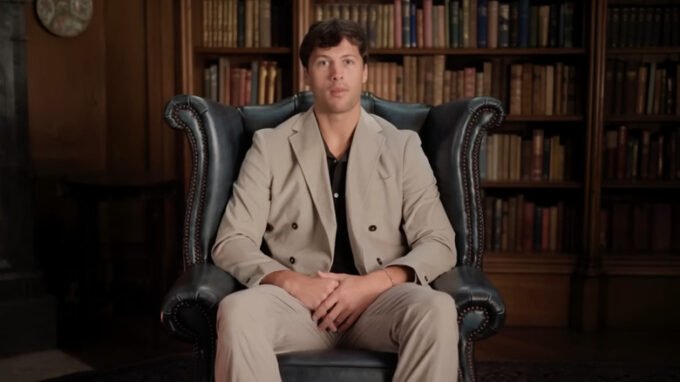
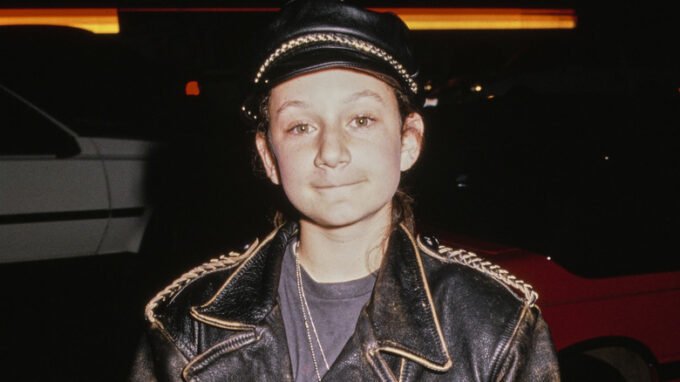
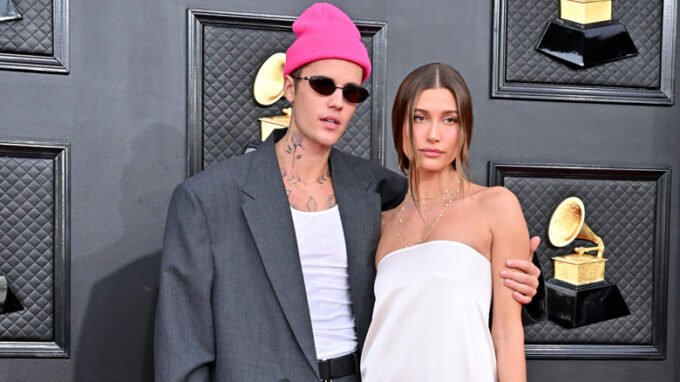












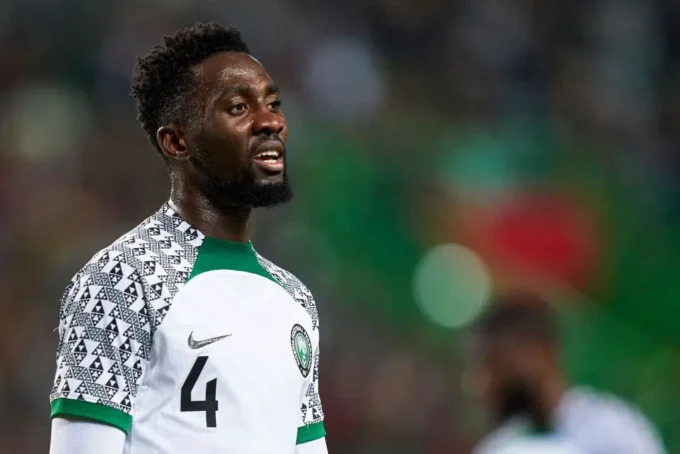
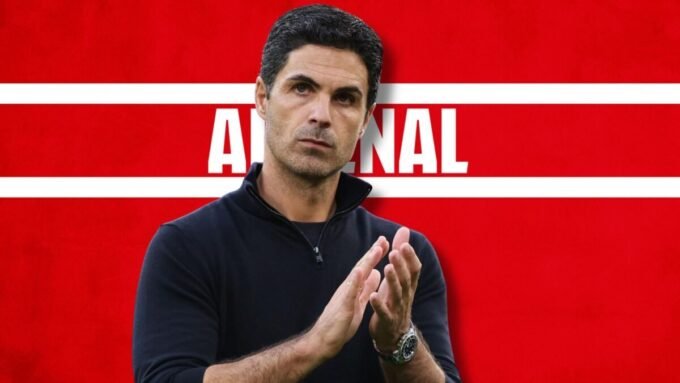
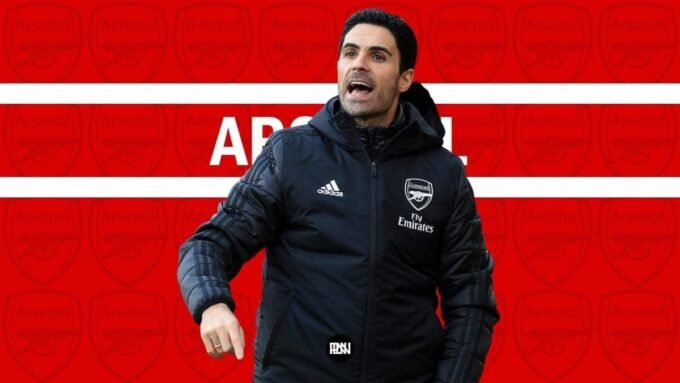










Leave a comment